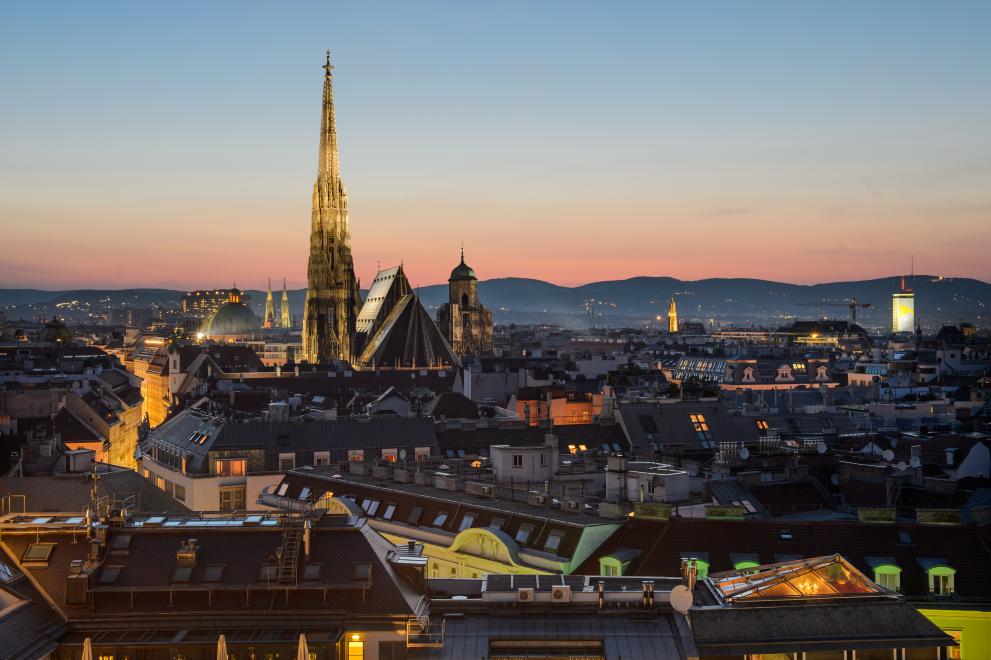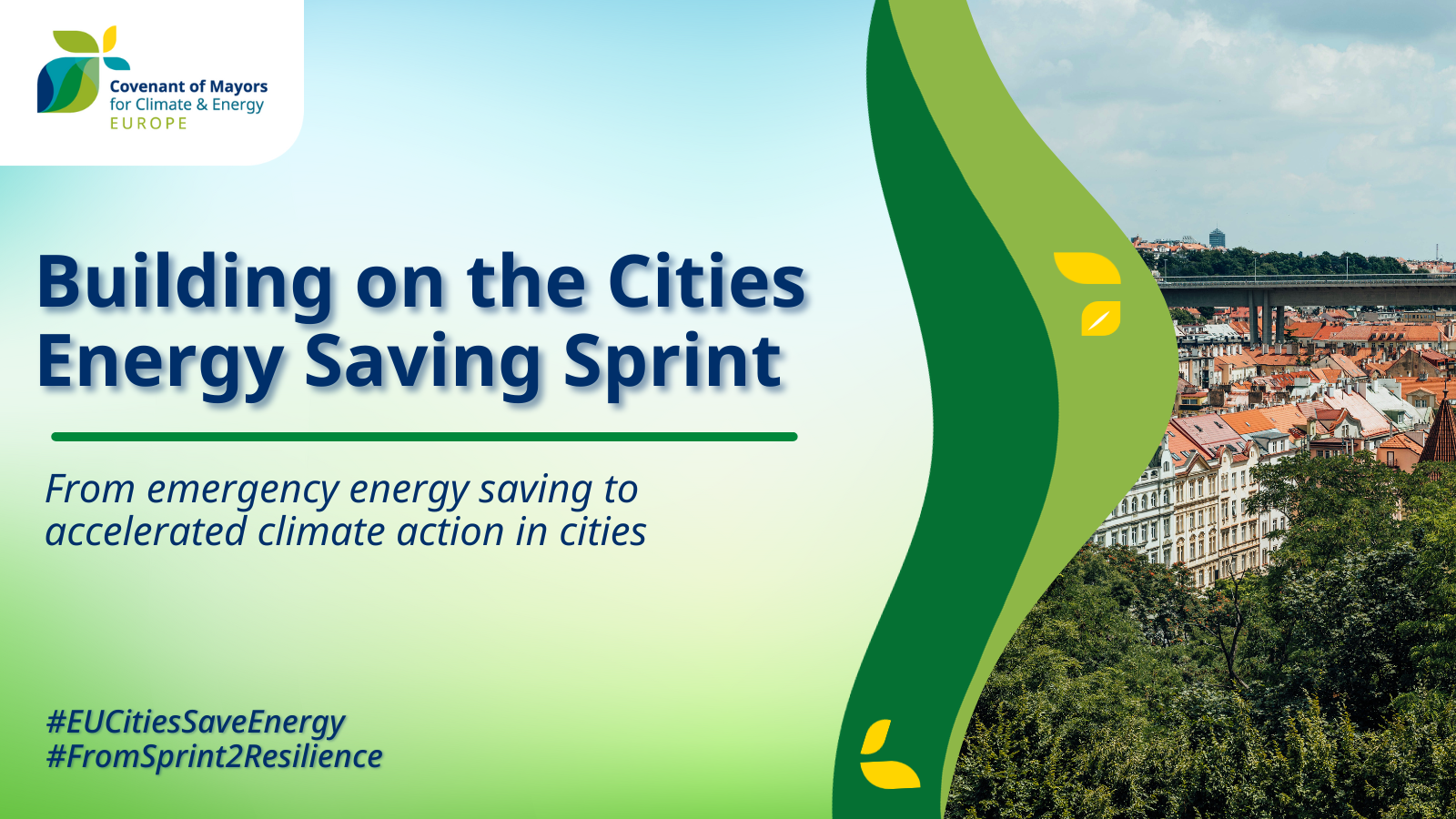
As winter approaches, cities are preparing to face the challenges of maintaining energy efficiency and ensuring a reliable energy supply. Last winter, Vienna took energy savings measures taking steps to address the energy crisis and a transition towards a more sustainable future. These measures are part of their greater strategy towards climate-neutrality. A strategy which, alongside energy efficiency and savings, puts a lot of emphasis on gas phase out and includes an ambitious plan to decarbonise the city’s heating system. The crisis confirmed the city was on the right path with their decarbonisation plan, and that it needed to be accelerated.
“We sit on the right horse, but we have to speed up the horse. To become climate neutral, we need to get rid of gas, which is a big change of the system in a pretty short time. But the crisis highlighted that this is the right way, and now we are sure that we have to accelerate.” - Herbert Ritter, responsible for energy economics and spatial energy planning in the city of Vienna.
Commitments before the energy crisis
Vienna’s commitment to the energy efficiency dates from 2006 when the city launched its Urban Energy Efficiency Programme, which was then revised and adjusted in 2019. As additional and new measures were added, the city realised that energy efficiency alone would not get the city where it needed to be. They needed to decarbonise and reduce reliance on fossil fuels, particularly gas. Vienna embarked on a journey to incorporate renewable and alternative energy sources into its systems with a focus on integrating renewables into the heating system. This was a priority well before the energy crisis hit last year.
Measures taken faced with the energy crisis
Vienna, like many other cities, put in place energy saving measures, such as reducing room temperatures in public buildings, on a voluntary basis.
To encourage this voluntary commitment and motivate everyone to participate willingly, the city also focused on raising awareness around the city’s efforts to reduce energy consumption and engage citizens in the process. The Austrian capital thus developed awareness campaigns within its administration and among its citizens to encourage energy-saving practices. Since most of the measures were on voluntary basis, engagement and communication were key to the city’s overall energy conservation efforts.
Maintaining energy savings measure for next winter
For the upcoming winter, Vienna will keep encouraging energy savings, while also preparing for potential blackouts. The city is actively testing its infrastructures and establishing a framework to handle such emergencies.
But above all, the crisis confirmed the city’s commitment to phasing out gas. Since the crisis, Vienna’s strong commitment to phasing out gas, especially in heat supply, has now become one of the city’s top priorities. The city is focusing on developing the right infrastructure, including decarbonising the district heating system and exploring of geothermal energy.
However, to fully achieve these goals and maintain its energy savings measures, Vienna faces challenges at the national level. The city requires legislative support from the federal government to make long-term decisions and establish a legal framework for transitioning away from gas.
After this winter?
As Vienna prepares for winter, the city is also considering the heatwave years to come. Air conditioners are rarely used in apartments, but as hotter summers become the norm, it's becoming increasingly urgent to find a solution for citizens' comfort. Finding a balance between the need for cooling and energy efficiency is a challenge that the city must meet while maintaining a good quality of life. . Vienna has yet to develop a cooling strategy to accelerate its path towards climate-neutrality.
Sustain your Sprint: keep saving energy!
Follow Vienna's example and join this new phase of the Cities Energy Saving Sprint: sustain and build on last winter’s success, as a way of comprehensively tackling the energy and climate crises as one.
Check out our tips for energy saving here.
Share your experience: What is your city doing to keep saving energy?
Which measures from last winter’s Sprint is your city upholding? How are you integrating these into your city’s long-term actions?
Share your experience with us and other cities by sending us an email at energy-saving-sprint@eumayors.eu

Building on the Sprint: Although Europe may have gotten through last winter, the energy crisis is not yet over. Meanwhile, the growing hazards brought about by the climate crisis, from heat waves to droughts and floods, are putting increasing pressure on local governments throughout the continent. Last winter’s Cities Energy Saving Sprint has shown us that both crises are closely intertwined and must be fought in the same battle, applying common solutions. Find inspiration from success stories of the Sprint to keep saving energy in your city, preparing for the upcoming winter while accelerating your long-term transformation towards climate neutrality.
#EUCitiesSaveEnergy #FromSprint2Resilience
Details
- Publication date
- 14 November 2023
